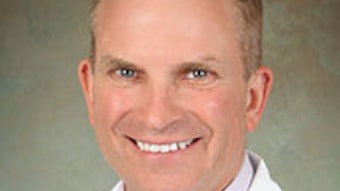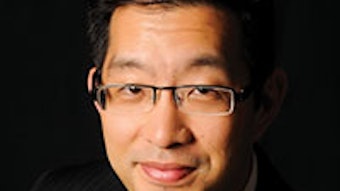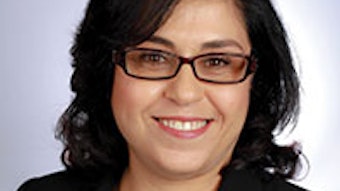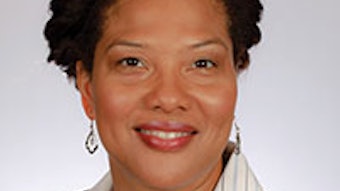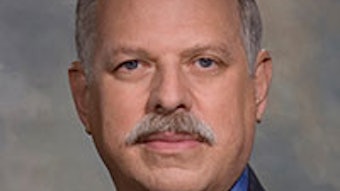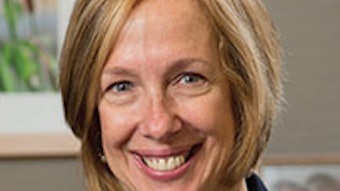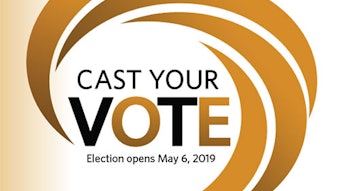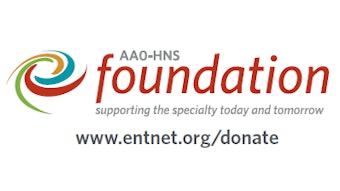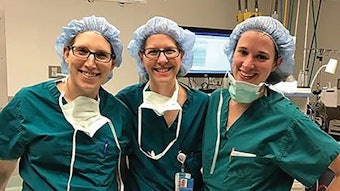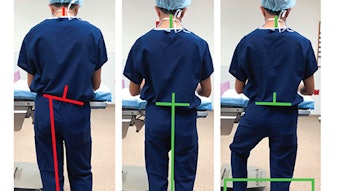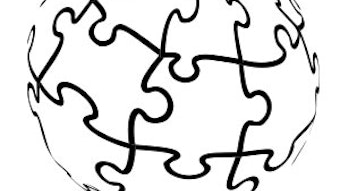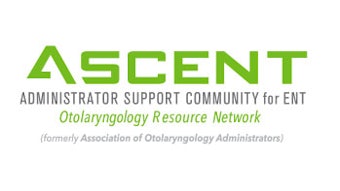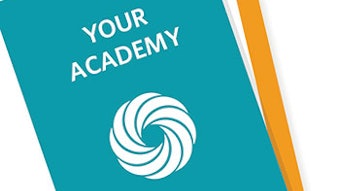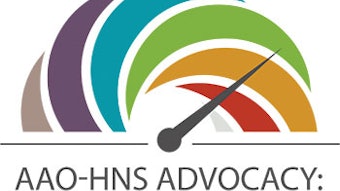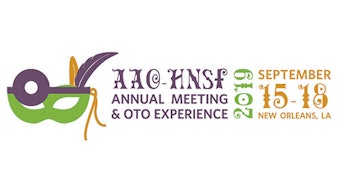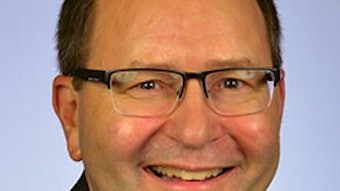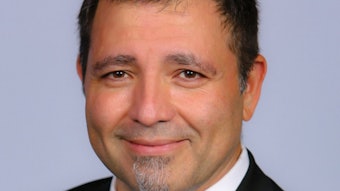Humanitarian Service: Facial reconstructive surgery in Belize
“Life is about people.” Those are the words that my grandfather used to tell me, and I’ve evaluated my own life based on my interactions with other people. I went into facial plastic and reconstructive surgery so that I would be able to make a personal difference in many people’s lives, whether it was repairing congenital anomalies, facial trauma, skin cancers, or aesthetic concerns.
“Life is about people.” Those are the words that my grandfather used to tell me, and I’ve evaluated my own life based on my interactions with other people. I went into facial plastic and reconstructive surgery so that I would be able to make a personal difference in many people’s lives, whether it was repairing congenital anomalies, facial trauma, skin cancers, or aesthetic concerns. The face is the center of one’s physical identity and is the instrument that we all use to express our emotions and our souls.
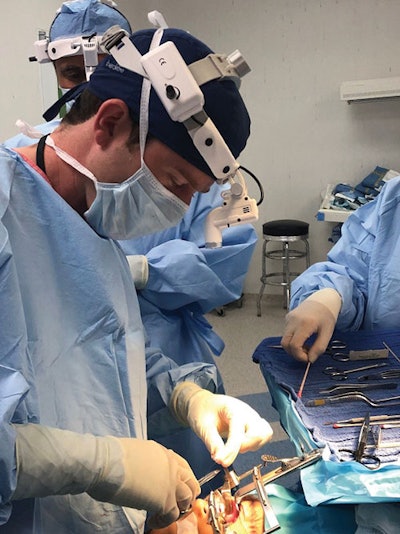 Sidney J. Starkman, MD
Sidney J. Starkman, MDSo, when I was invited to participate on a reconstructive surgery mission trip to Corozal Town, Belize, I was excited at the opportunity. The trip has been spearheaded by my Fellowship Director, Devinder S. Mangat, MD, for over 15 years, and he has worked with the Horizon Community Church and Partners for Belize to organize the mission. Dr. Mangat and the group go multiple times per year and repeatedly make a difference in the lives of impoverished people who do not have ready access to these medical/surgical services. There was only one plastic surgeon in the entire region, and many patients with congenital and acquired defects were untreated. In the early days of the mission trips they were finding adolescents with unrepaired cleft lips and palates, which are commonly repaired during infancy. Currently, the mission trip has grown to include a surgical team, an audiology team, and a village team handing out hygiene kits. This latest trip also included representatives from Starkey Hearing Technologies, working with the audiology team.
During my trip to Belize, our team of three surgeons, anesthesia providers, OR nurses, surgical techs, recovery staff, and Belizean volunteers performed 54 surgeries. This included two cleft lips repairs, one cleft palate repair, multiple skin neoplasms, and other congenital deformities. However, it’s not just the number of cases performed that determined our impact but the nature of our involvement with the community and also with each other. I was able to work for four days with many volunteer Belizean medical and surgical staff, with all of us coming together for the common cause of providing care to those who need it. Additionally, the travel group brought together 21 volunteers, most of whom did not previously know each other. Over the course of the week, we developed friendships that will last for many years and many future mission trip reunions.
I was excited about the Belize surgical mission trip because it was a chance for me to utilize my skillset in a way to help others. I wanted to be able to provide specialized surgical care to a region that had desperate need for it. However, by the end of our trip I realized that it was the bonds that were formed within our group, and with the local Belizean volunteers, that were special. These partnerships are the difference between a drop-by surgical visit and a long-lasting relationship with the community. Because life is about people.
